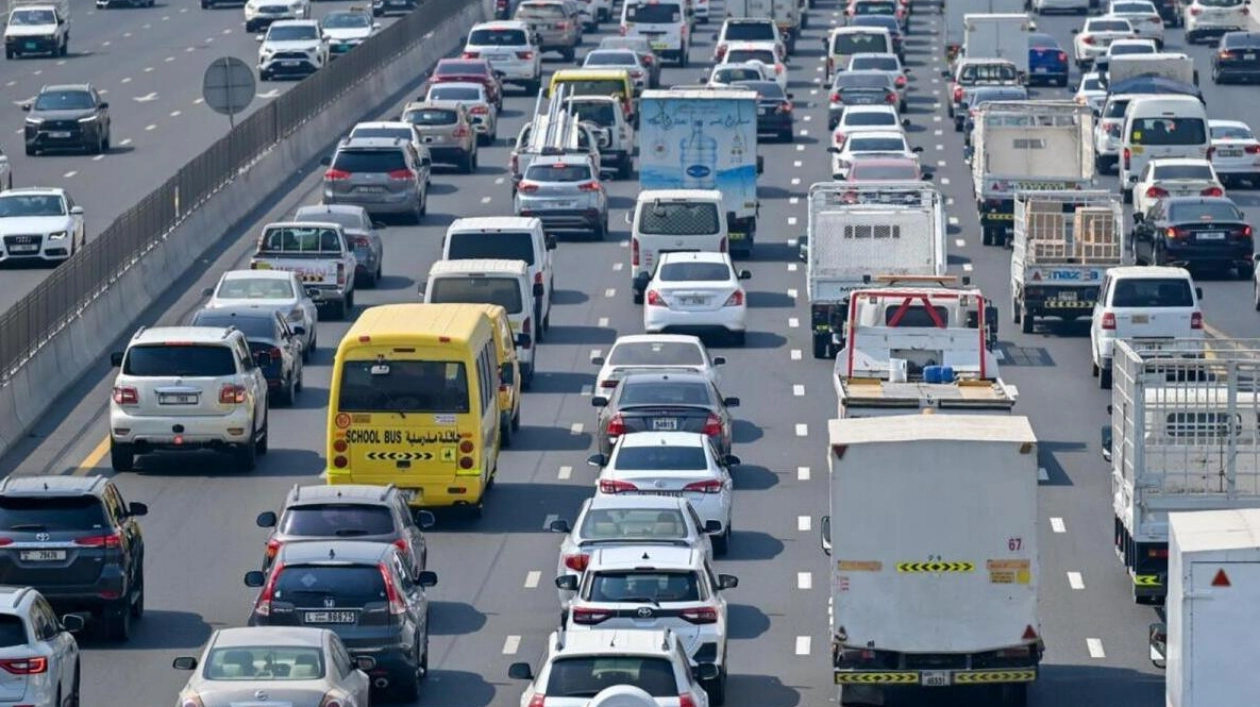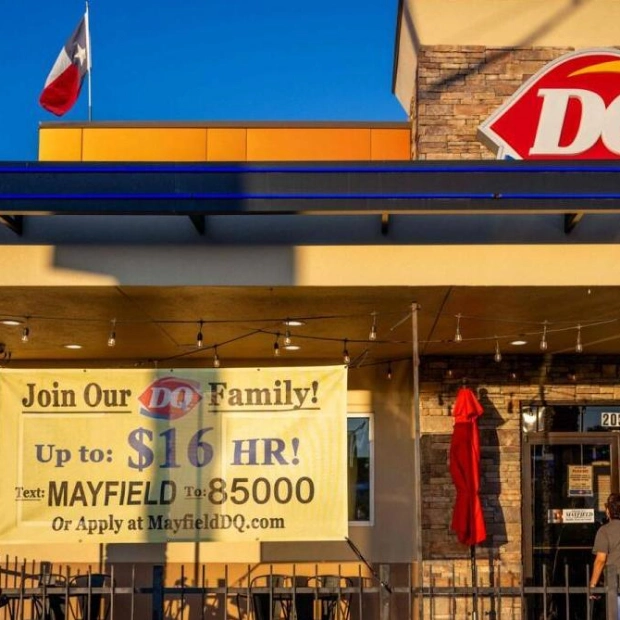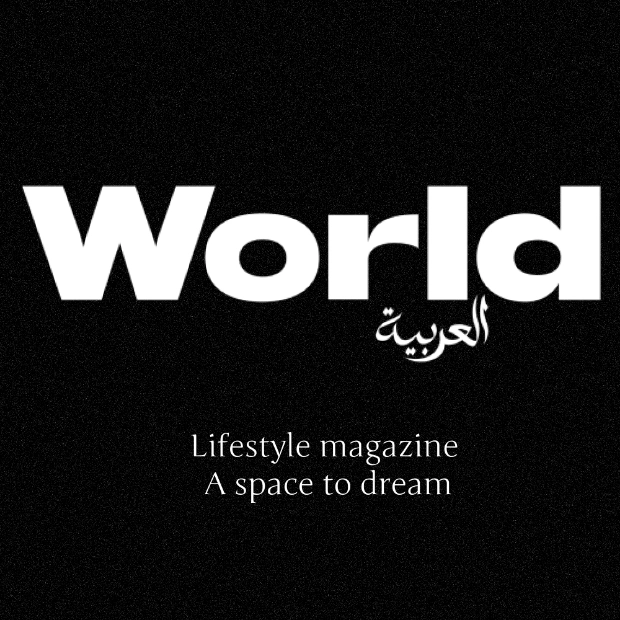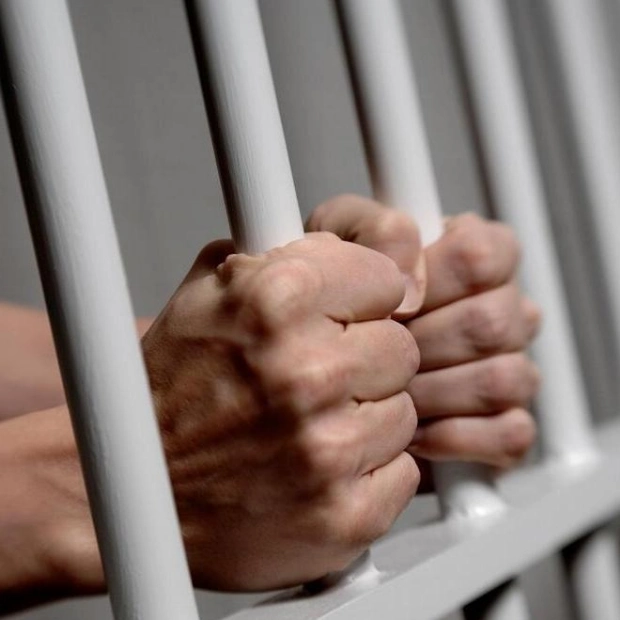A new project in Dubai will introduce additional entrance and exit points for Al Warqa’a area, directly from Sheikh Mohammed bin Zayed Road, according to the Roads and Transport Authority (RTA) announcement on Sunday.
Upon completion, the project is anticipated to reduce travel time by 80%, from 20 minutes to just 3.5 minutes, and shorten journey distances from 5.7 km to 1.5 km. Expected to be finalized within one year, the project will enhance road capacity by 5,000 vehicles per hour. Improvements will be made across an internal road network spanning eight kilometres to manage increased traffic volumes.
These new access points for Al Warqa’a are designed to upgrade infrastructure, including roads, lighting, and rainwater drainage systems in residential areas, benefiting over 350,000 residents. Additional developments in Al Warqa’a 1 Street will convert existing roundabouts into signalized junctions with advanced specifications to alleviate traffic congestion, boosting the street’s capacity by 30%.
The RTA is currently constructing internal roads in Al Warqa’a 3 and Al Warqa’a 4, and a 16-kilometre cycling track will be built to connect with existing tracks in neighboring areas. Previous phases included internal road improvements in Al Warqa’a, such as upgrades around the School of Scientific Research in Al Warqa’a 4 and roadworks for the Mohammed bin Rashid Housing Establishment project, which includes 136 villas. These improvements also encompass pedestrian pathways, pavements, and parking entrances for residents, along with lighting works.
Earlier this year, the RTA completed internal roads and lighting projects in Al Qusais Industrial Areas 1, 2, 3, 4, and 5. The works involved constructing 32 roads spanning 10 kilometres and installing lighting along over 43,000 metres. This project increased road capacity by 200%, raising traffic volume from 500 vehicles per hour to 1,500 vehicles per hour in both directions. It also improved connectivity between Al Qusais Industrial Areas and four main roads: Amman Street, Beirut Street, Aleppo Street, and Damascus Street, enhancing access to over 320 workshops, 25 residential buildings, retail shops, and educational zones, benefiting an area with a population density of around 60,000 residents.
Source link: https://www.khaleejtimes.com






